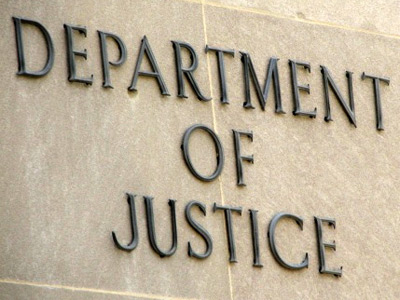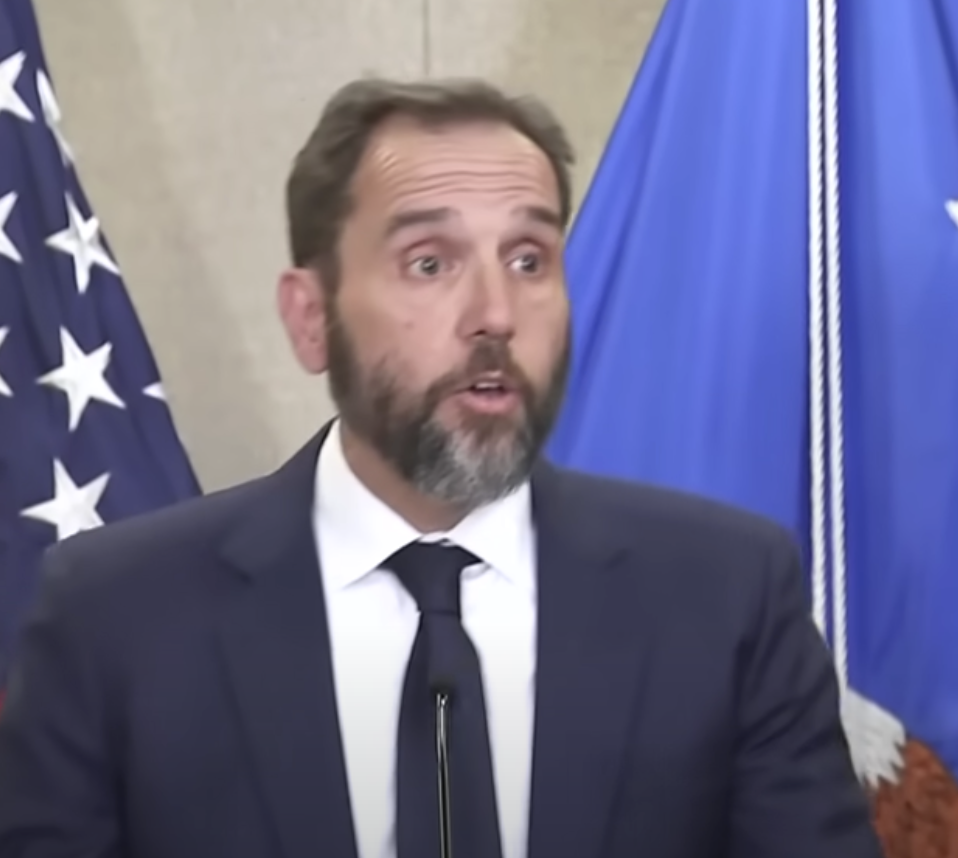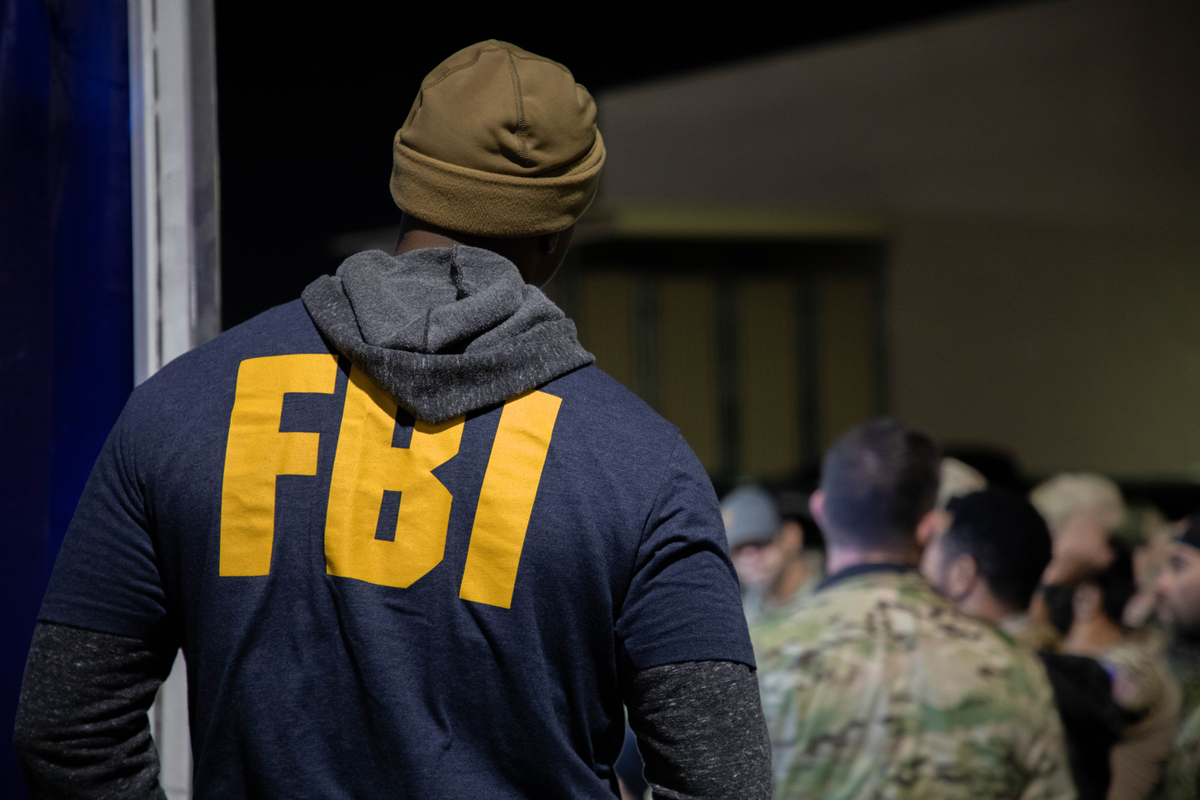
Guessing the correct result and even the basic rationale of the Supreme Court’s cell phone case could be considered a minor achievement, but not even the most ardent defense attorney would have predicted that the opinion would be a unanimous 9-0 decision authored by the normally pro-law enforcement Chief Justice. Chief Justice Roberts’ opinion held, without a single dissent, that the warrantless search of an arrestee’s cell phone incident to his arrest was in violation of the 4th Amendment. It’s embarrassing to miss the ease with which the Court made the decision.
In doing so the Court resolved a split in lower courts and rejected a line of cases which compared the cell phone search to be analogous to the previously authorized search of an arrestee’s papers, diaries and the like. That had been the rationale of one of the two cases reviewed, the California Court of Appeals decision in Riley v. California, which had upheld the police search of a man’s cell phone when he was stopped on a traffic charge and then arrested for illegal firearm possession. The search had produced data linking him to a gang shooting, and he was convicted of attempted murder. Instead the Court followed the other decision reviewed, U.S. v. Wurie, in which the Court of Appeals threw out drug and firearm convictions for a defendant whose cell phone was searched incident to his arrest.
The Court rejected the Justice Department position and reasoned that the invasion of privacy was not comparable to the other cases involving the search of notes, private documents and the like. The extent of private material exposed in a modern cell phone is of an entirely different magnitude than that which could be kept in such papers. The extra-legal consideration was perhaps left between the lines. Everyone including Supreme Court Justices has a cell phone and increasingly relies on it for a variety of private and extensive purposes.
The opinion found a clear distinction in the latest cell phone technology and its ever-expanding capacity to store a vast trove of private information. From a legal analysis standpoint (and foreseeable only with 20-20 hindsight), the case was a logical extension of the Court’s increasing propensity to rein in law enforcement’s use of advanced technology. Thermal imaging, DNA, and transponders are a few of the techniques which had been found to be “unreasonable searches” without prior judicial authorization.
So what does the case portend? The loss of free rein to investigate the secrets of those arrested without prior judicial authorization will be an inconvenience to law enforcement, especially since nearly every person arrested possesses a smart phone. But enterprising agents will mitigate this loss in many cases by imaginative considerations of probable cause to present to a judge. Other advanced tools of the expanding sources of technology should probably be second-guessed in terms of the need for a warrant. But most prosecutors and case agents were already aware of this trip for the unwary.
Does it mean a cutting back from the wide scope of non-cell phone searches incident? Probably not since the prior cases in this category set forth a fairly well defined course of action by arresting officers.
On the other hand, being presumptuous about who your friends are on the High Court can be a humbling experience.




